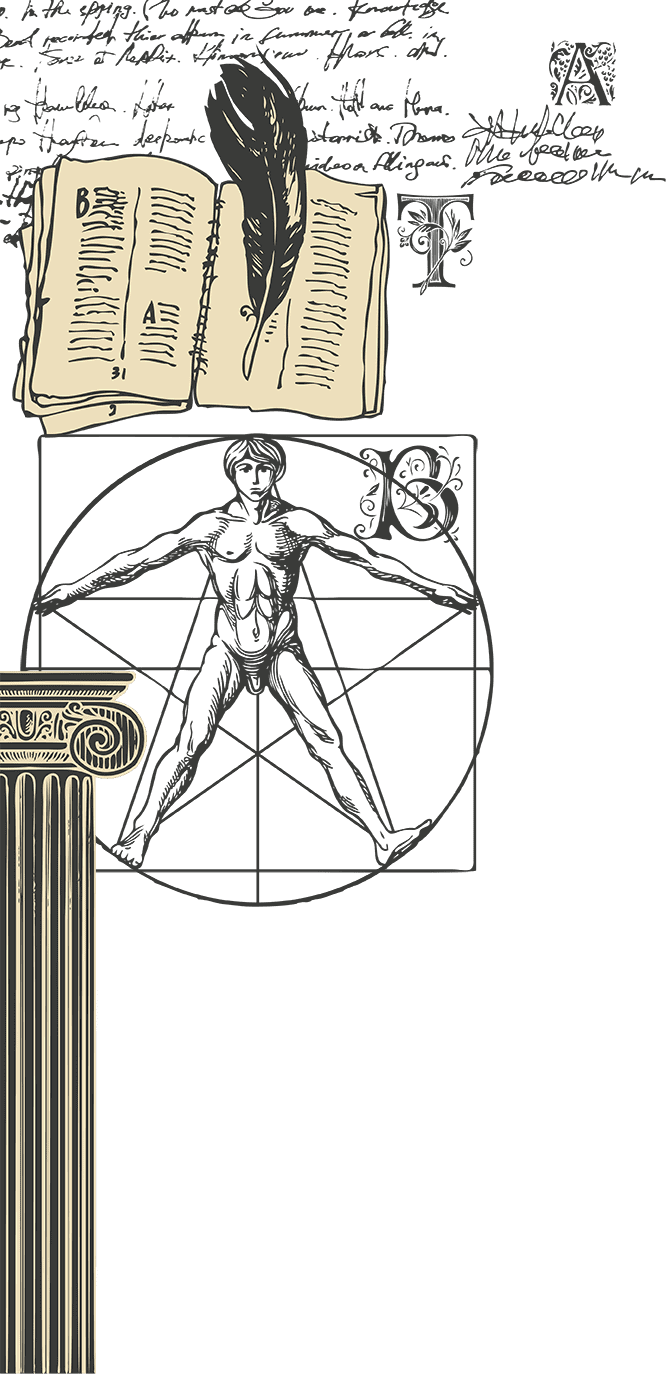
In a bustling city, lived a humble carpenter named Edward. He led a simple life with his loving wife, Elizabeth. Their existence was ordinary and routine, contained within the comfort of their home and Edward’s carpentry workshop. But Edward’s life took an unexpected turn when he discovered an old book called “The Master Game” by Robert S. de Ropp.
This book depicted four stages of consciousness: Sleep, Awake, Self-Remembering, and Objective Consciousness. Intrigued by the concept, Edward decided to journey through these stages, hoping to discover a deeper understanding of life.
In the **Sleep Stage**, Edward merely existed. He moved through life robotically, barely taking notice of the world around him. Each day resembled the last—wake up, sip coffee, work in his workshop, dine with Elizabeth, and repeat. His life was comfortable, yet there was an underlying sense of discontent.
As Edward entered the **Awake Stage**, he began to question his routine actions, his choices, and his very existence. He started to see his life with newfound awareness. He noticed the sparkle in Elizabeth’s eyes as she spoke about her garden, heard her soft sigh as she dreamt of owning a bakery. He admired the tree outside his workshop, realizing its beauty for the first time.
When he reached the **Self-Remembering Stage**, Edward’s introspection unveiled his long-suppressed desires and dreams. He remembered his childhood love for art and realized his creativity was stifled by his job. Just like Elizabeth, he had dreams that needed to be pursued. This realization deepened his bond with Elizabeth and brought him closer to his authentic self.
The final stage, the **Objective Consciousness Stage**, allowed Edward to see the world without the cloud of personal biases. He saw Elizabeth not just as his wife, but as an individual with unique aspirations. Edward supported Elizabeth’s dream of starting a bakery and rekindled his passion for art. Their relationship blossomed, transforming into a bond that was deep, genuine, and shared.
Their lives were filled with newfound joy and fulfillment. However, this happiness was short-lived, as Elizabeth suddenly passed away. Edward was shattered, but his journey through the stages of consciousness had equipped him with the resilience to face this loss. He did not drown in sorrow or try to fill Elizabeth’s void hastily. Instead, he experienced his grief fully, understanding it as a testament to his profound love for Elizabeth.
Edward chose to honor Elizabeth by realizing their dreams. He nurtured Elizabeth’s garden and established the bakery they had often dreamt of together. “Elizabeth may no longer be alive, but the love we shared, the dreams we cherished, they continue to live. She lives in our garden, in our bakery, in my art, and in my heart.”
Edward continued to live out their dreams, his art flourished, their bakery thrived, and Elizabeth’s garden bloomed each season. When his time came, he faced death with acceptance and peace. His final days were spent surrounded by his art, the aroma of fresh bread, and the sight of Elizabeth’s blossoming garden.
As his life ebbed away, he smiled. A smile of contentment, of fulfillment. A smile of a life lived in awareness, a life lived not just for oneself but for the one he loved. With his last breath, he whispered into the ether, “I lived, I loved, I awakened.”
And so, Edward passed on, leaving behind not just a legacy of dreams and love, but a powerful message. His life served as a testament to the transformative power of consciousness, showing us that the essence of life is not in merely living but in awakening to the beauty of existence.
